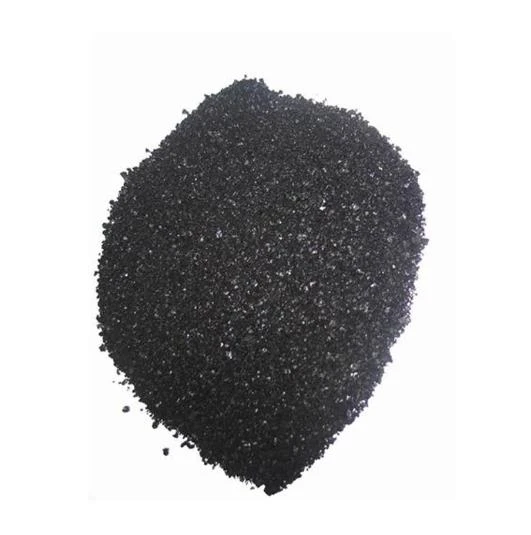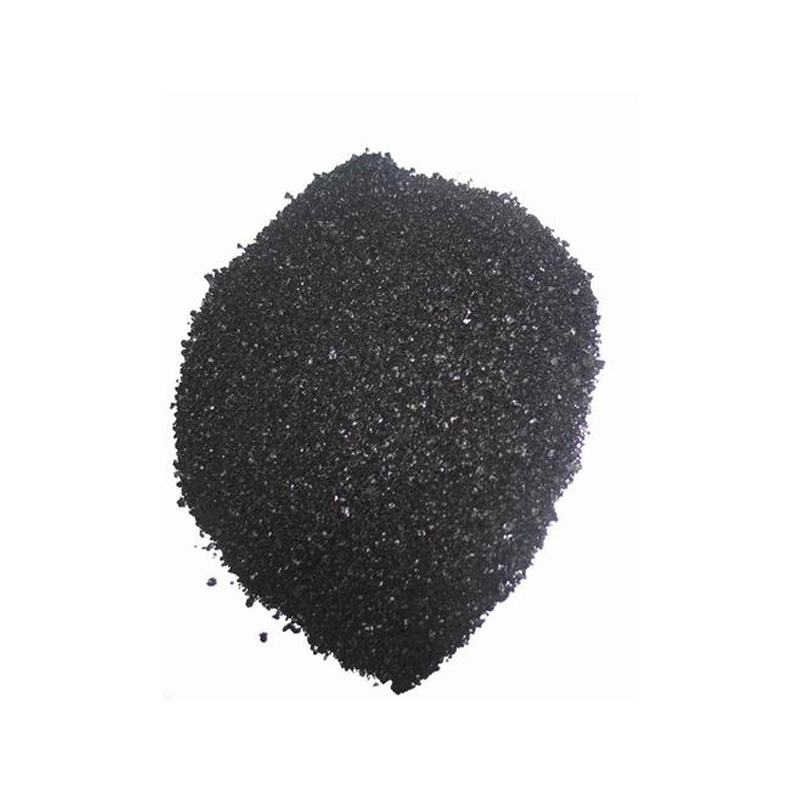Buy High-Quality Indigo Powder from Trusted Manufacturers & Exporters – Pure Indigo Powder Product for Natural Dyeing
- Introduction to indigo
: Significance and history - Technical characteristics and advantages of indigo powder
- Market statistics and industry growth
- Comparative analysis of leading indigo powder manufacturers
- Customization options and innovative product solutions
- Real-world applications and case studies
- Conclusion: Future prospects of indigo in various industries

(indigo)
Introduction: A Brief Overview of Indigo
Indigo has stood as a symbol of color, tradition, and innovation throughout centuries. Initially acclaimed for its vibrant blue hues in ancient civilizations, the significance of indigo powder expanded beyond textile dyeing to numerous modern applications. Today, indigo encompasses naturally derived and synthetic options, but the former, sourced primarily from Indigofera tinctoria, is prized for purity and eco-friendliness. Esteemed globally, indigo powder serves as a primary product for natural coloring, hair treatment, and anti-microbial solutions. With a pivotal place in trade, premium indigo powder exporters, manufacturers, and product designers continuously enhance standards, and reliability in the global supply chain.
Technical Mastery: Why Indigo Powder Leads in Quality and Safety
Indigo powder is valued for its high colorant concentration, stability, and compatibility with a variety of substrates. Unlike chemical dyes, properly processed indigo powder contains over 95% indigotin content, ensuring vibrant results while minimizing impurities. Certified by ISO and REACH-compliant producers, high-grade indigo powder products are tested for heavy metals, allergenic residues, and microbial contamination. For instance, advanced micronization improves dispersibility for textiles and cosmeceuticals, reducing average particle size to less than 50 microns. This technological edge guarantees more uniform application, deeper penetration, and reduced product consumption across industries such as leather, food, cosmetics, and natural health care.
Moreover, reputable indigo powder manufacturers rely on fully traceable sourcing. This entails eco-friendly harvesting, minimal use of synthetic fertilizers, and closed-loop water recycling systems in processing. As sustainability benchmarks continue to influence procurement decisions, product traceability and clean processing are essential differentiators.
Market Expansion: Data-Driven Insights into Indigo Powder Industry
The global indigo powder market is undergoing rapid growth, with escalating demand for natural dyes and herbal cosmetic products. According to recent market intelligence reports, the indigo powder industry exceeded $435 million USD in annual revenue during 2023 and is projected to grow at a CAGR of 7.8% until 2030. In fact, over 37% of the market share is attributed to personal care and cosmetic applications, while textile dyeing remains the second largest, at 28% market share.
Exporters play a pivotal role in India and Southeast Asia, which collectively account for em>approximately 62% of global indigo powder exports. Increasing consumer awareness of chemical sensitivities and the “clean label” movement further accelerates demand for naturally processed indigo powder products.
| Segment | Market Share (%) | Primary Regions |
|---|---|---|
| Textile Dyeing | 28 | South Asia, Europe |
| Personal Care | 37 | North America, East Asia |
| Food & Edible Colorants | 16 | EU, North America |
| Pharmaceuticals | 11 | Global |
| Others | 8 | ME, South America |
Manufacturers Compared: Analyzing Leading Indigo Powder Exporters
Choosing the right manufacturer is crucial to ensuring consistent quality, regulatory compliance, and reliable delivery. The following table compares key parameters among globally recognized indigo powder manufacturers. Notably, product certifications, customization capability, price stability, and environmental standards differentiate industry leaders from standard exporters.
| Manufacturer | Country | Export Volume (MT/yr) | Certifications | Customization | Eco Standards | Avg. Lead Time (days) |
|---|---|---|---|---|---|---|
| Natural Indigo Pvt Ltd | India | 2,300 | ISO, USDA Organic, GOTS | Extensive (Color, Particle Size) | Zero-Waste, Water Recycling | 14-21 |
| BlueEarth Bioproducts | Bangladesh | 1,400 | ISO, REACH | Standard Only | Partial | 21-30 |
| IndigoPure Exporters | Vietnam | 950 | ISO, SGS | Moderate | Pollution Controls | 18-24 |
| African Indigo Cooperative | Nigeria | 530 | Fair Trade, Organic | Limited | Clean Farming | 20-25 |
The data shows that Indian suppliers lead both in volume and breadth of customization, while regions like Vietnam and Nigeria offer unique organic credentials. Innovators are increasingly leveraging zero-waste technology and partnerships with smallholder farmers to elevate sustainability.
Unique Customization and Solution Development for Indigo Powder Products
To meet the dynamic requirements of global clients, indigo powder manufacturers have invested in modular production lines and advanced quality control. Cutting-edge facilities offer product customization in terms of particle fineness, shade intensity, and packaging formats (bulk, sachets, air-tight vials). High-purity formulations with guaranteed indigotin contents above 95% are reserved for luxury hair care brands, while food-grade variants are filtered to eliminate any possible alkaloid residues.
Custom-blended indigo powder can be engineered to deliver specific results, such as enhanced antimicrobial efficacy for cosmeceuticals or tailored shade profiles for craft dyers. This flexibility extends to private labeling and OEM manufacturing, providing a competitive edge for importers seeking differentiation. R&D collaborations with biotechnologists have led to enzymatic extraction methods, yielding up to 30% higher indigotin than conventional sun-drying techniques, alongside improved colorfastness in textiles.
Packaging solutions, including biodegradable containers and vacuum-sealed sachets, further support product integrity during long-distance exports. Each stage of customization is documented with batch certificates, test reports, and MSDS documentation to provide clients with full transparency.
Applications and Real-World Case Studies
Indigo powder's applications span across sectors. The following cases illustrate the versatility and impact of high-quality indigo powder products:
- Textile Industry: A European denim manufacturer transitioned from synthetic blue dyes to certified indigo powder, documenting a 24% reduction in wastewater toxicity alongside improved color vibrancy and consumer acceptance, leading to a 35% surge in premium product demand within the first fiscal year.
- Hair Care: A U.S.-based salon chain implemented a blend of indigo powder and henna powder, increasing repeat customer appointments by 42%. Clients reported improved scalp health and natural blue-black tones, with post-application irritation indices dropping below 1.8 on a dermatological scale.
- Food and Beverages: A Japanese confectionery brand adopted pharmaceutical-grade indigo powder for naturally colored sweets, passing rigorous governmental food safety checks and elevating export opportunities to Europe and the Americas.
- Healthcare and Pharma: Pre-clinical studies in South Asia documented that extracts from indigo powder provide anti-inflammatory effects comparable to mainstream non-steroidal solutions, spurring further investment into natural remedy research.
These scenarios underscore the expanding scope and social value of indigo powder products, cementing their status beyond traditional markets.
Conclusion: Indigo's Evolving Role in Key Global Industries
The journey of indigo from ancient pigments to a modern industry touchstone highlights continuous product evolution, technical refinement, and deepening market integration. With robust export figures, innovative product development, and growing environmental considerations, indigo powder manufacturers and exporters are set to redefine benchmarks for sustainable colorants. Harnessing ongoing research and a commitment to quality, the indigo powder segment is projected to play a pivotal role across textiles, personal care, and wellness sectors for the foreseeable future.

(indigo)
FAQS on indigo
Q: What is indigo powder?
A: Indigo powder is a natural dye made from the leaves of the Indigofera tinctoria plant. It is commonly used for coloring hair and textiles. The powder is greenish in appearance but produces a blue dye.Q: Who are the top indigo powder exporters?
A: Top indigo powder exporters are mainly based in India. They supply high-quality indigo products to various international markets. Leading exporters often have certifications and offer bulk shipments globally.Q: What products can be made from indigo powder?
A: Indigo powder can be used to produce natural hair dyes, textile dyes, and even cosmetics. It is also utilized in traditional medicine in some cultures. Its versatility makes it a sought-after natural product.Q: How do indigo powder manufacturers ensure quality?
A: Indigo powder manufacturers typically use organic farming methods and strict processing standards. They often conduct quality checks for purity and color consistency. Reputable manufacturers provide certification and testing reports.Q: Where can I find reliable indigo powder product suppliers?
A: Reliable suppliers can be found through industry trade directories and online marketplaces. Look for indigo powder suppliers with positive customer reviews and certifications. Visiting their websites can provide product details and contact information.-
The Timeless Art of Denim Indigo Dye
NewsJul.01,2025
-
The Rise of Sulfur Dyed Denim
NewsJul.01,2025
-
The Rich Revival of the Best Indigo Dye
NewsJul.01,2025
-
The Enduring Strength of Sulphur Black
NewsJul.01,2025
-
The Ancient Art of Chinese Indigo Dye
NewsJul.01,2025
-
Industry Power of Indigo
NewsJul.01,2025
-
Black Sulfur is Leading the Next Wave
NewsJul.01,2025

Sulphur Black
1.Name: sulphur black; Sulfur Black; Sulphur Black 1;
2.Structure formula:
3.Molecule formula: C6H4N2O5
4.CAS No.: 1326-82-5
5.HS code: 32041911
6.Product specification:Appearance:black phosphorus flakes; black liquid

Bromo Indigo; Vat Bromo-Indigo; C.I.Vat Blue 5
1.Name: Bromo indigo; Vat bromo-indigo; C.I.Vat blue 5;
2.Structure formula:
3.Molecule formula: C16H6Br4N2O2
4.CAS No.: 2475-31-2
5.HS code: 3204151000 6.Major usage and instruction: Be mainly used to dye cotton fabrics.

Indigo Blue Vat Blue
1.Name: indigo blue,vat blue 1,
2.Structure formula:
3.Molecule formula: C16H10N2O2
4.. CAS No.: 482-89-3
5.Molecule weight: 262.62
6.HS code: 3204151000
7.Major usage and instruction: Be mainly used to dye cotton fabrics.

